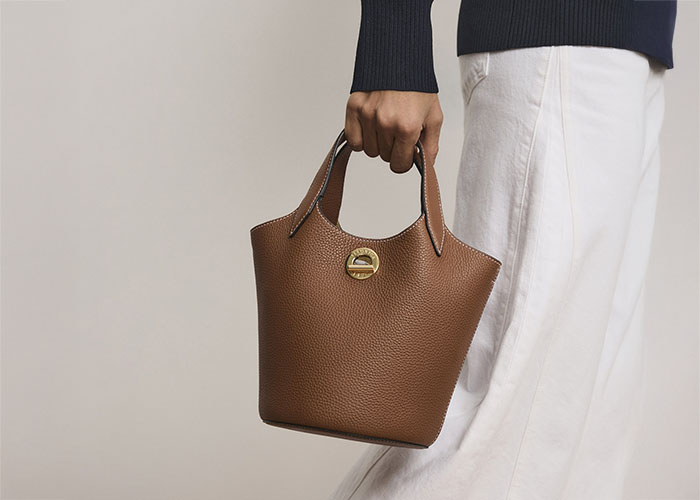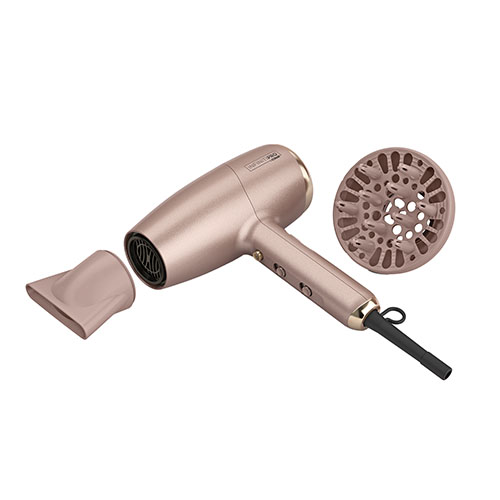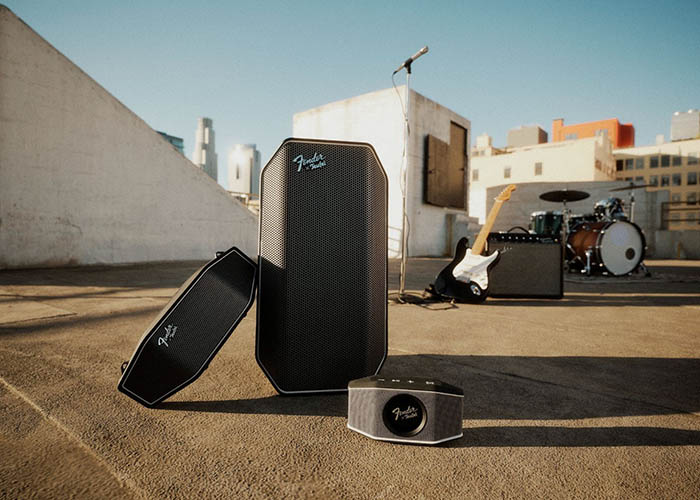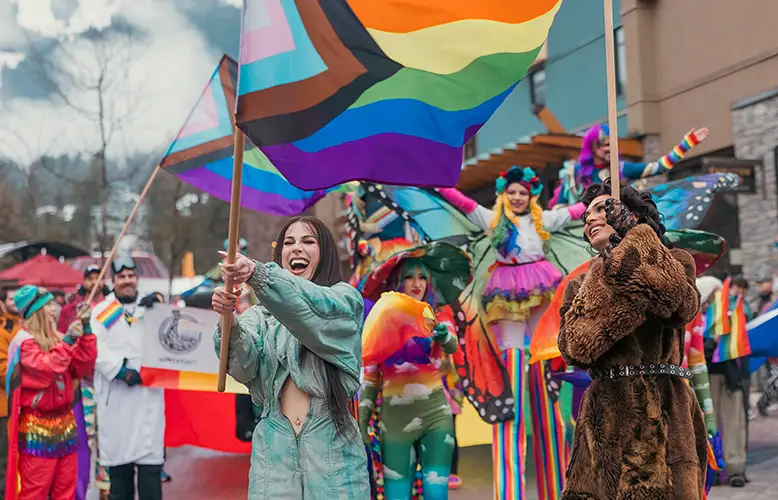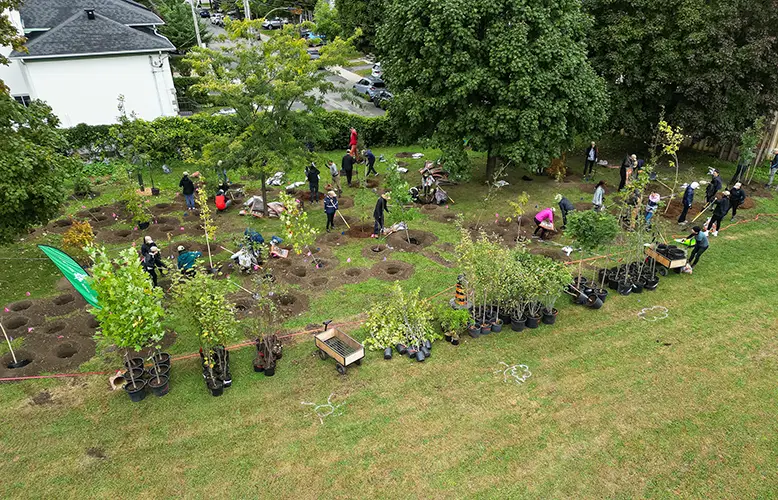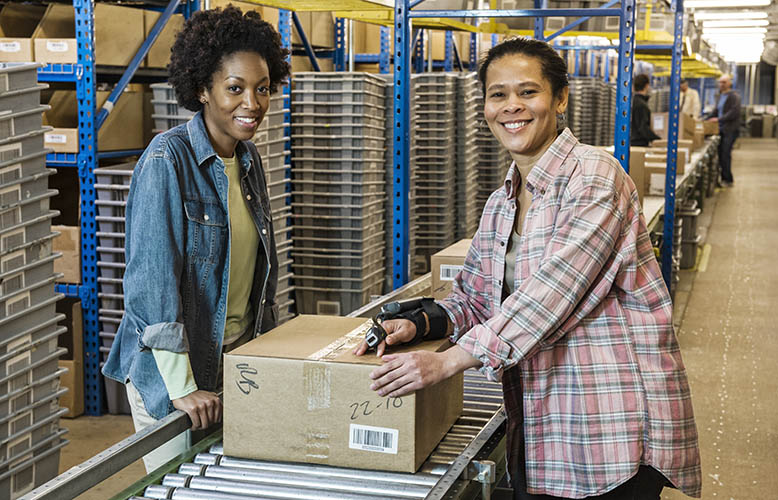Obakki, a purpose-led lifestyle brand that connects people through purposeful design, today announced the launch of its Essentials Collection, a line of basic t-shirts, tanks and sweatshirts that are made from 100% organic cotton and 100% organic cotton + recycled post-consumer plastic.
“This tumultuous year has led us all to re-think the things that are truly essential to us,” said Treana Peake, Founder of Obakki. “We wanted to create basic wardrobe staples that are comfortable and versatile, and that you can feel good about wearing every day. All of our basics are created consciously with a low carbon footprint, and made using 100% organic ingredients.”

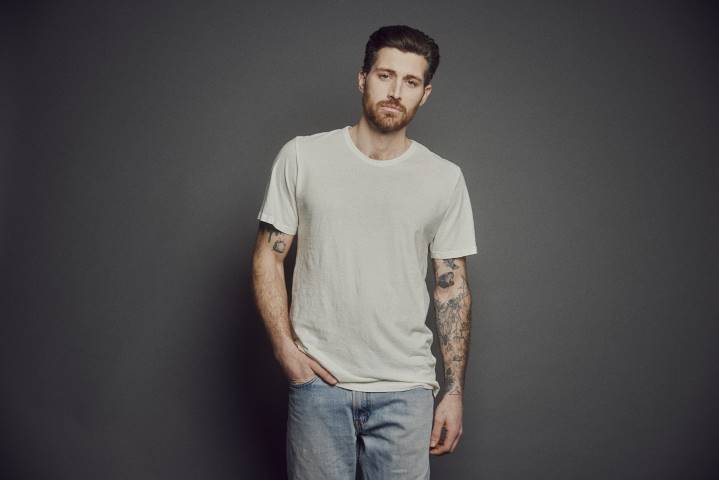

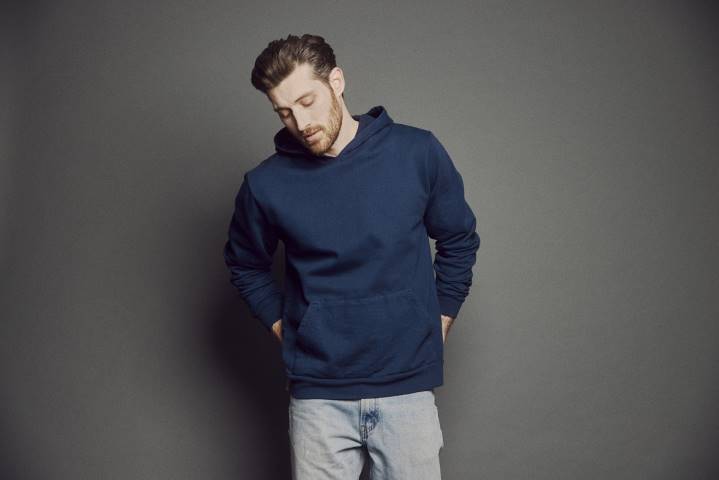
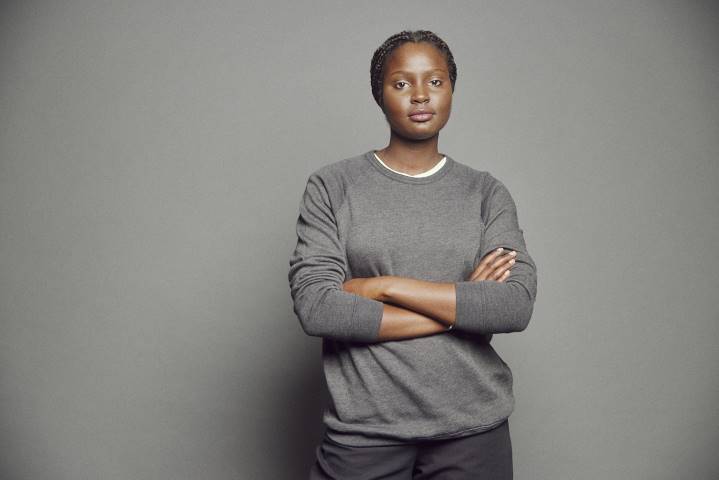
Starting today for one week, Obakki will donate 100% of their net proceeds from sales of the Essentials Collection towards their Obakki Foundation Basic Needs Kits. The kits contain basic items such as toothbrushes, toothpaste, soap, reusable menstrual pads and laundry detergent, and support women in Bidi Bidi, Uganda, the largest refugee settlement area on the planet. Bidi Bidi is home to over a quarter-million people, 87% of which are women and children. Obakki has partnered with a co-op of women in the refugee area to create and distribute these kits. Through the foundation’s other programs, these women are trained in tailoring and soap-making, giving them the perfect skills to contribute back to their own community.
The new collection includes three distinct styles of 100% organic cotton, 50% organic cotton and 50% recycled post consumer plastic, and 30% hemp and 70% organic cotton. Available styles include Heathered Hoodie, Heathered Crew Sweatshirt, Classic Crew Sweatshirt, 100% Organic Cotton Hoodie, Women’s Basic Tank, and Cropped Heathered Crew-Neck T-Shirt.
Obakki’s net profits go toward supporting and expanding their artisan partnerships, and the development work done through the company’s philanthropic counterpart, the Obakki Foundation. Focused on providing clean water access and livelihood initiatives in Africa, to date the Obakki Foundation has helped over 3 million people.





